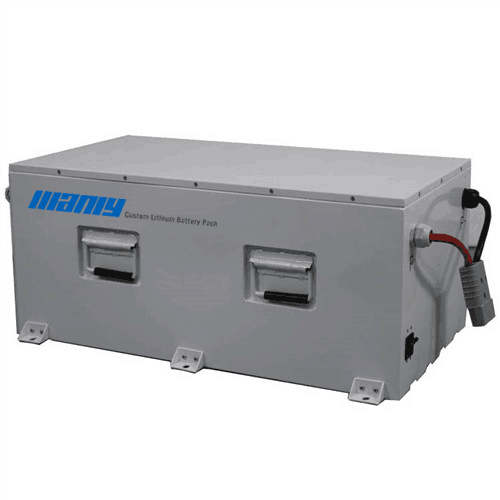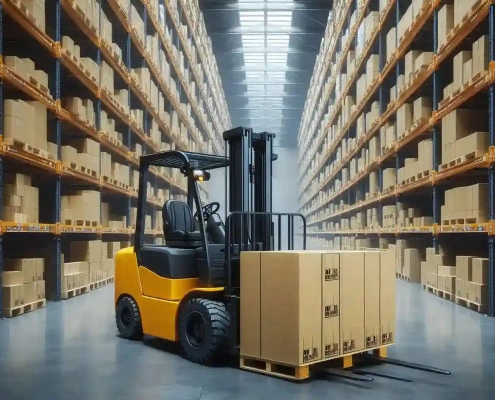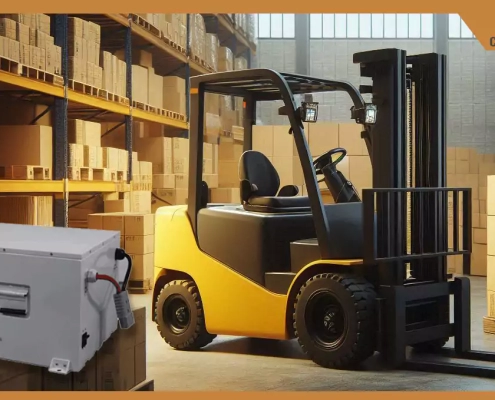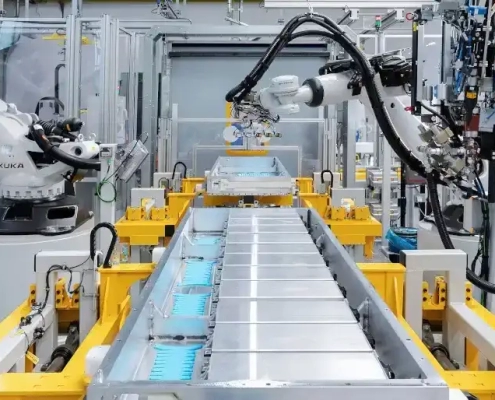Energy Management: Upgrade Forklift Batteries for Efficiency
Table des matières
How Can Energy Management Benefit Your Business?
Energy management is crucial for businesses aiming to enhance efficiency and reduce costs. Upgrading to modern solutions like lithium ion forklift batteries can significantly impact your energy management strategy. Here’s how these upgrades can benefit your business.
Cost Savings
A notable case involves a large equipment manufacturer that saved over $1 million annually by switching to lithium-ion batteries. To understand potential savings for your business, try this experiment: Have your forklift operators log the time they spend charging, replacing, and maintaining batteries each week. Multiply the total hours by the hourly labor cost.
Next, calculate your battery expenses over the past decade. Lithium-ion batteries last 5-7 years on average, which means fewer replacements compared to lead-acid batteries. Although the upfront cost of lithium-ion batteries is higher, the long-term savings can be substantial when you factor in reduced maintenance and longer lifespan. These batteries require almost no maintenance once installed, freeing up labor resources for other tasks.
Better Performance
Lithium ion forklift batteries charge three times faster than lead-acid batteries and can be charged during breaks without damaging the battery. This rapid charging capability minimizes downtime, keeping your forklifts operational longer. Additionally, lithium-ion batteries maintain consistent power even as they discharge, ensuring reliable performance throughout their use.
Environmental Benefits
Adopting battery powered forklifts with lithium-ion batteries aligns with sustainability goals. These batteries produce zero emissions, helping reduce your business’s carbon footprint. Lower energy consumption—up to 30-50% less energy for charging—also contributes to environmental sustainability. This not only meets regulatory requirements but also positions your business as an eco-friendly leader.
Budget Control
Effective energy management systems help control costs and mitigate risks associated with fluctuating energy prices. Tracking utility costs and energy efficiency allows for better budget planning and understanding of overall operational expenses. According to Energy Star, a 10% reduction in energy use can increase net operating income by 1.5%.
Moreover, energy management can lessen reliance on unstable supply chains by reducing overall energy consumption. Competitive energy procurement strategies can further drive down costs, enhancing your business’s financial stability.
Conclusion
In conclusion, upgrading to lithium ion forklift batteries is a smart move for any business focused on efficient energy management. These batteries reduce maintenance time, charge faster, and last longer, leading to significant cost savings and improved operational efficiency. Additionally, their environmental benefits, such as zero emissions and lower energy consumption, help businesses meet sustainability goals. By investing in lithium-ion technology, companies can enhance productivity, reduce costs, and contribute to a greener future.






